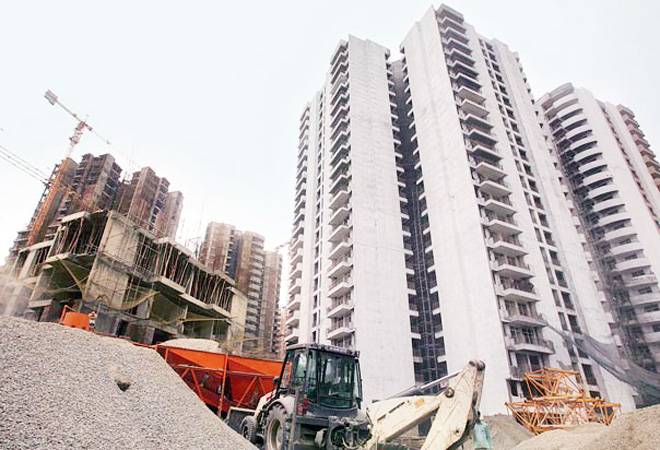

After demonetisation, the Real Estate (Regulation and Development) Act or RERA is being enforced to realise the ‘housing for all’ initiative by the government, and the implementation of the upcoming Goods and Services Tax (GST) will further streamline the real estate segment in India. GST is designed to encourage transparency and ease of doing business in the realty sector, but whether it will bring down property prices or not, is still debatable.
If we look at the current tax levels, these include 4.5 per cent service tax (with input tax set off available) plus 1 per cent value-added tax or VAT (in Maharashtra, without any set-off benefits). In the GST regime, the tax on under-construction projects will be 12 per cent. On the face of it, there is an increase of 6.5 per cent regarding the tax payable by apartment purchasers. However, there is the option of getting full input tax set off on all input side if GST is paid.
It is expected that the net effect of the credit set off benefit will leave the overall tax revenue to the government as neutral. However, the entire concept of GST is that the final consumer bears the overall tax and compared to the earlier regime, the tax rate to the end consumer is much higher. It is likely to lead to a reduction in the per-square-foot rate quoted by developers (since they will be able to get the benefit of input tax credit). On the other hand, the total cost to the end consumer may change slightly depending on the actual specifications, location and other details of the project.
However, GST is not applicable to ready-to-move-in properties. As a result, developers will either have to bear the tax burden since it cannot be passed on to end consumers or prices of apartments, which are ready for possession, will increase in step with the taxes. Again, it will lead to a change in the quoted price by the developer, but the overall cost to the end customer will stay largely unchanged.
Unfortunately, the government has not addressed the aspect of stamp duty, which continues to be extremely high for land and apartment sales. There is no input tax set off available for the stamp duty paid for the land, and this goes against the basic concept of GST. Hopefully, it will be addressed by various state governments shortly.
Never before in the history of the country, so many changes have taken place at the same time to impact the real estate sector. Demonetisation, RERA and GST are all critical changes, but when all of these are implemented within a period of eight months, it is nothing short of a tsunami for the entire sector.
Consequently, developers have to rethink their entire approach to business. For a long time, many developers followed the business model whereby profit was made by shortchanging customers, constructing houses illegally and using customers’ money without returning any value to them. Promises made to customers were not intended to be kept or at least, that was the norm. All this will change when developers are forced to define in writing what they will give to the homebuyers and by when it will be provided. The option of selling apartments without approvals is no longer available, and the capital requirements (for developers) will also go up. An industry, which has, for a long time, seen people with very little capital take up large projects, will have to change its current practices. Of course, all this would be excellent news for homebuyers.
(Rohit Gera is Managing Director, Gera Developments, and Vice President, CREDAI-Pune Metro)
[“Source-businesstoday”]




